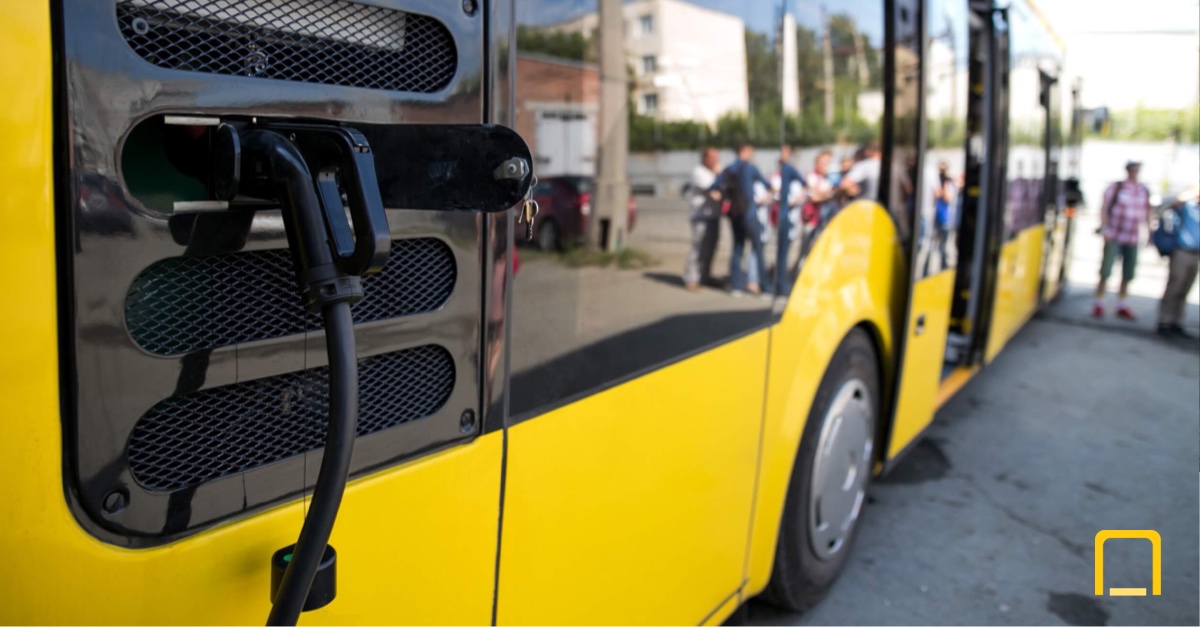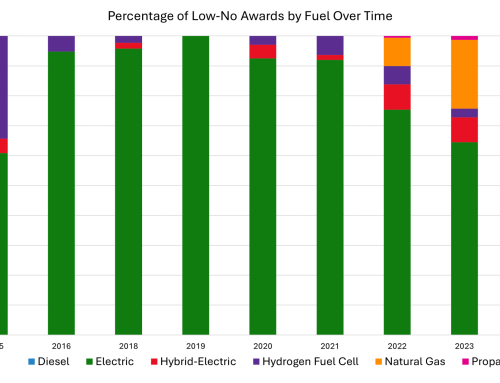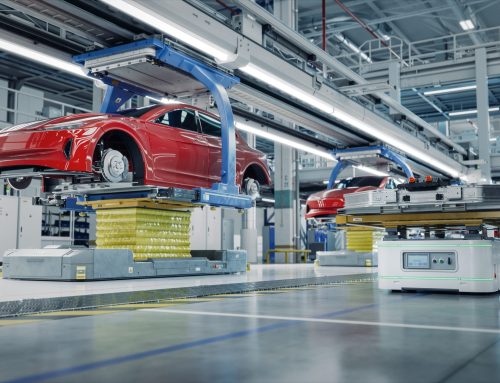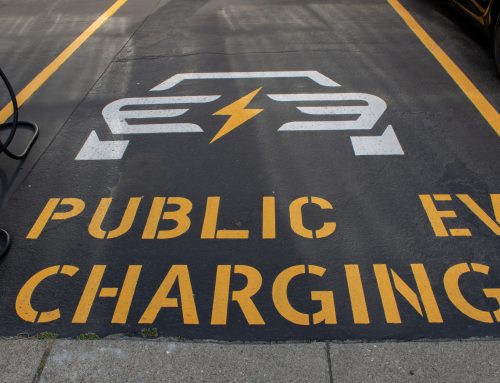
Image Source: Electric Truck & Bus Challenge
Last month, New York Governor Kathy Hochul announced the highly anticipated winners of the New York Clean Transportation Prizes, allocating a total of $85 million across ten different clean transportation projects in underserved communities across the state. The Governor touted the awards as the “most significant investment yet in clean transportation for historically underserved communities in New York State.”
This program is administered by the New York State Energy Research and Development Authority in partnership with the state’s Department of Public Service and Department of Environmental Conservation. It is being funded by New York’s $701 million EV Make Ready program to accelerate clean transportation in the state and is part of the state’s larger effort to electrify its transportation sector to meet its ambitious climate and energy goals. Under Governor Hochul, the state has announced policy measures requiring that the sale of new passenger cars, trucks, and school buses be zero-emissions by 2035.
The three grand prize areas are the Clean Neighborhoods Challenge, the Electric Truck & Bus Challenge, and the Electric Mobility Challenge. Below is a list of the grand prize winners for each area.
Clean Neighborhoods Challenge
The Clean Neighborhoods Challenge awards three grand prizes at $10 million each to projects that address air pollution at scale in underserved communities. The grand prize winners are:
-
Clean Transit Access Program (CTAP) – Electrifying NYC Dollar Vans led by Dollarride
CTAP aims to electrify a fleet of 30 new electric commuter vans, convert up to 20 gas-powered commuter vans into EVs via retrofits, and provide charging stations for the entire fleet.
-
Centering People, Place and Policy for Buffalo’s Clean Mobility Future led by Local Initiatives Support Corporation Western New York Office
This project plans to deploy e-bikes, electric carshare, and mobility as a service in the City of Buffalo.
-
The Bronx is Breathing: Reimagining a Cleaner Hunts Point led by Volvo Technology of America.
This project seeks to partner with local fleets and stakeholders to deploy battery electric refuse trucks and refrigerated BEVs as well as develop a new Food Distribution Center charging hub to model zero-emissions solutions in Hunt Point’s food and waste sectors.
Electric Truck & Bus Challenge
The Electric Truck & Bus Challenge awards three grand prizes of $8 million each to projects that demonstrate electrified solutions or replacement of medium- and heavy-duty electric vehicles. The grand prize winners are:
-
Freight Electrification-as-a-Service for Transformation (FEaST) led by CALSTART
FEaST seeks to prove the viability of truck electrification-as-a-service models and provides robust workforce development opportunities to sustain a market transformation towards electric freight.
-
Accelerating New York Fuel Cell Bus & Hydrogen Infrastructure Deployments led by Krueger Transport
This project will deploy two fuel-cell electric buses in the Bronx, powered by an 85kw fuel cell power module with a 300-mile range. The Metropolitan Transportation Authority will operate the buses on 8 routes in multiple underserved communities in the Bronx.
-
Electrifying School Buses in the Bronx (ESBB) led by New York City School Bus Umbrella Services
ESBB seeks to establish an electric school bus innovation cluster to foster workforce development, conduct charging infrastructure planning with vehicle-to-grid capabilities, a mobility hub demonstrating HDV electric mobility, and more. Project ESBB will deploy 30 ESBs at the Bronx Zerega depot, and the project strategy will be used to electrify the entire 960 bus fleet by 2035.
Electric Mobility Challenge
The Electric Mobility Challenge awards four grand prizes of $7 million each to projects that demonstrate electric mobility options in underserved communities. The grand prize winners are:
-
Promoting Sustainable Transportation: Electric Micro-Shuttle Services in Long Island led by Circuit Transit Inc.
This project will operate an electric micro-shuttle service for communities in the Rockaways and Suffolk County, with the option for rides to request fare-free and on-demand rides in the coverage area.
-
Project MOVER: Moving onto Vast E-Micro-mobility Replication led by EIT InnoEnergy USA
Project MOVER will expand access to e-bikes and establish an Electric Micro mobility Incubator, an information exchange for communities to access e-mobility deployment blueprints.
-
Tompkins County Transportation Equity & Access Project led by Tompkins Consolidated Area Transit (TCAT)
This project seeks to deploy community-driven on-demand transportation services, including electric carsharing and electric bike sharing, programs to help residents purchase previously owned electric vehicles, and more.
-
Red Hook Recharge Zone led by Revel Transit
Red Hook Recharge Zone provides electric mopeds, bikes, and rideshare with ultra-fast DC fast chargers for light-duty EVs along with an on-site Green Jobs, Access Program, and Multimodal Education Office.
These projects promise to deliver innovative solutions to equitably tackle transportation barriers in underserved communities who suffer the disproportionate impact of air pollution from tailpipe emissions. It is also worth noting that these projects are replicable, laying the foundation for organizations in other metro areas that are seeking to deploy similar clean transportation solutions at scale. Watching these projects unfold is certainly on my to-do list for 2023.


